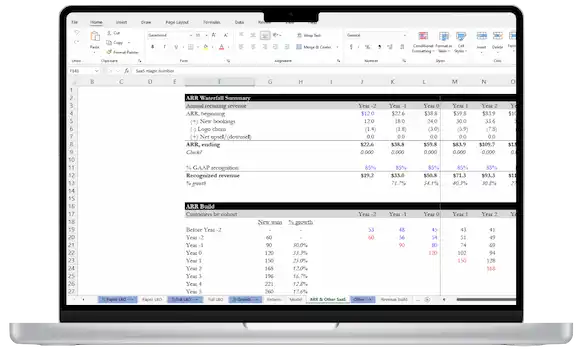In this article, I will outline what you can expect in terms of hours, culture, and lifestyle when working at a growth equity firm. I will also touch on how the experience of working in growth equity may differ from other types of finance roles (i.e. investment banking and private equity) in terms of hours worked and overall lifestyle.

Growth equity hours per week
The hours in growth equity can vary quite a bit, depending on the specific role and company. However, in my experience, most pre-MBA roles (i.e. analyst or associate) will usually range from 55-65 hours. Employees often have to work on weekends, and it is not uncommon for them to work late into the night.
Some growth equity jobs may require more or less time, but most positions fall within this range. Further, the average hours of any given role will vary most based on whether or not you are working on a live deal. When you’re in “deal execution” mode, the hours will be at the high end of the range (and likely surpassing it).
Why growth equity demands long hours
There are really two things that drive the hours in growth equity: the need to get deals done and the need to be responsive to portfolio companies.
Deals take a lot of time and effort to get across the finish line. There’s a lot of back-and-forth between buyers and sellers, lawyers, due diligence, etc. And, when you’re working on a deal, it’s all-consuming.
The most challenging aspect is there’s always more you could learn or diligence about the investment target. So even if there’s a set time period during which you must close the deal, it’s likely you’ll be working long days and nights until it’s done.
Being responsive to portfolio companies is also important and frequently urgent. While they do not often own a controlling stake of portfolio companies, growth equity firms are investing in high-growth companies that are operating in a dynamic, fast-paced environment. Often, portfolio companies seek help and support from their investors.
Growth equity hours vs investment banking
In investment banking, hours are notoriously long – it’s not uncommon to work 85+ hours per week during peak times. However, in growth equity, the hours are generally much more reasonable.
Having been a growth investor at General Atlantic, a top growth equity fund, I myself certainly found this to be the case. Before joining General Atlantic, I was an investment banking analyst at Deutsche Bank for two years.
In my experience, I certainly worked fewer hours on average in growth equity. However, the hours were actually much more intense in growth equity. In investment banking, it was easy to complete my work and rely on my superiors to stand up for my work.
However, as a growth equity associate, I no longer had any cover. My team would ultimately look to ME to make sure my work was correct. This was a weighty responsibility, and made the job much more stressful than investment banking, even though the hours were less.
Growth equity hours vs private equity
It’s generally believed that growth equity roles entail slightly fewer hours, on average, than typical private equity or leveraged buyout jobs.
This won’t hold true in all instances; indeed, it will vary tremendously by team, role, and firm. However, in my experience, I’d estimate that most large buyout jobs require 5-10 hours per week more than growth equity jobs do.

- 88 lessons
- 18 video hours
- Excels & templates
Growth equity lifestyle and work-life balance
The lifestyle in growth equity is generally considered to be good, especially relative to other top roles in finance.
That said, the most challenging aspect of any demanding job is generally not the raw hours, it’s the unpredictability. I first started to believe this during my investment banking years, and it can apply to growth equity role as well.
When you are truly in deal-execution mode, it will be hard to make plans or to have much of a life outside of work. In the junior ranks, you also have little control over whether or how many deals you look at in succession.
To make the point further: after pulling multiple “all-nighters” in investment banking, in growth equity, I actually pulled my first “double all-nighter” (no sleep for back-to-back nights) when we were on a super intense sprint to close a deal.
Yikes, I was tired, but it all is well that ends well; we ultimately closed the deal.
Growth equity culture
Many people who work in growth equity find that the job is extremely challenging and stimulating, and that the rewards can be great.
One aspect of growth equity culture that I really enjoy is the veneration for entrepreneurs and creators. This was a cultural value at General Atlantic, and (for obvious reasons) I think it’s a value that many growth firms hold dear.
Especially relative to private equity mega fund culture — which (in the worst case) can encourage one to be somewhat dismissive of management teams or under performing companies — I found this to be a very bright and motivating aspect of the growth equity culture.
Simply put, in growth equity, you get to invest in world-changing companies — and that’s pretty cool!
Summary
If you’re looking for a demanding, but ultimately rewarding, job in investing, growth equity may be the right fit for you. The culture is stimulating, and the lifestyle is usually somewhat better than alternatives.
Check out my other articles, if you’d like to learn about growth equity career path or growth equity compensation. Also, if you’d like to dive deeper into how to prepare for a career in growth equity, check out my online course on growth equity recruiting & interviews.


 Break Into Growth Equity
Break Into Growth Equity
